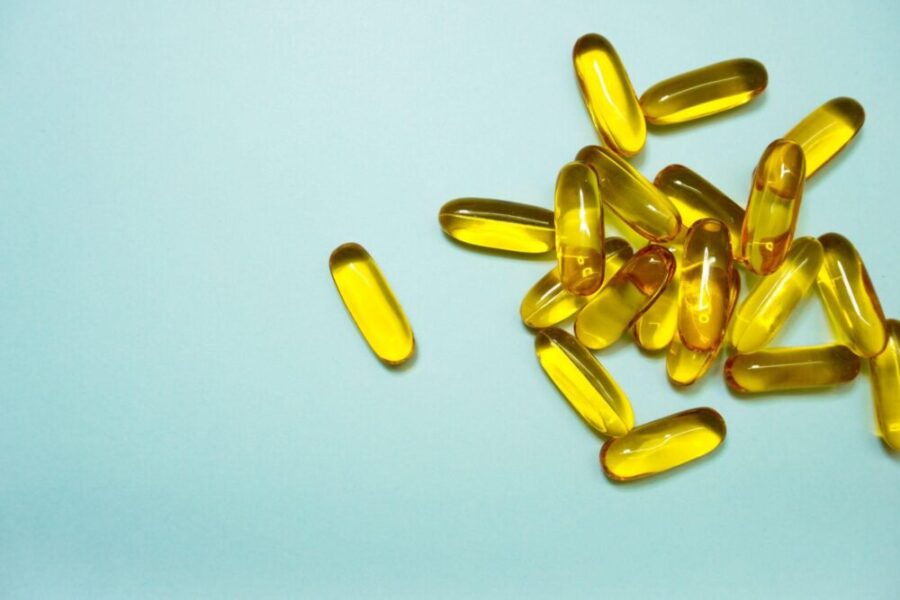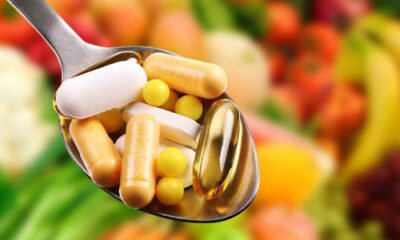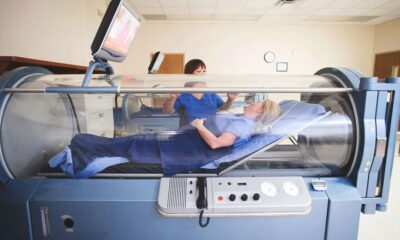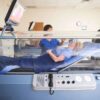Coeliac Disease Management through Supplements
Coeliac disease is a digestive disorder. It is an immune reaction to eating gluten. People with coeliac disease often feel pain as gluten triggers a painful immune response.
If you experience abdomen pain, frequent diarrhoea, bloating, vomiting etc., after eating gluten-rich foods, you have coeliac disease, also known as gluten sensitivity. To ensure your confusion, you can go for a coeliac test.
It is a simple, pain-free, and quick test that takes your blood sample to look for antibodies found in patients with coeliac disease. People with coeliac disease show high levels of anti-tissue transglutaminase and anti endomysium antibodies
There is no complete cure for coeliac disease. You can lower its symptoms and impact by managing a healthy diet with no gluten food. This article describes some helpful supplements for those with coeliac disease.
Why Take Supplements?
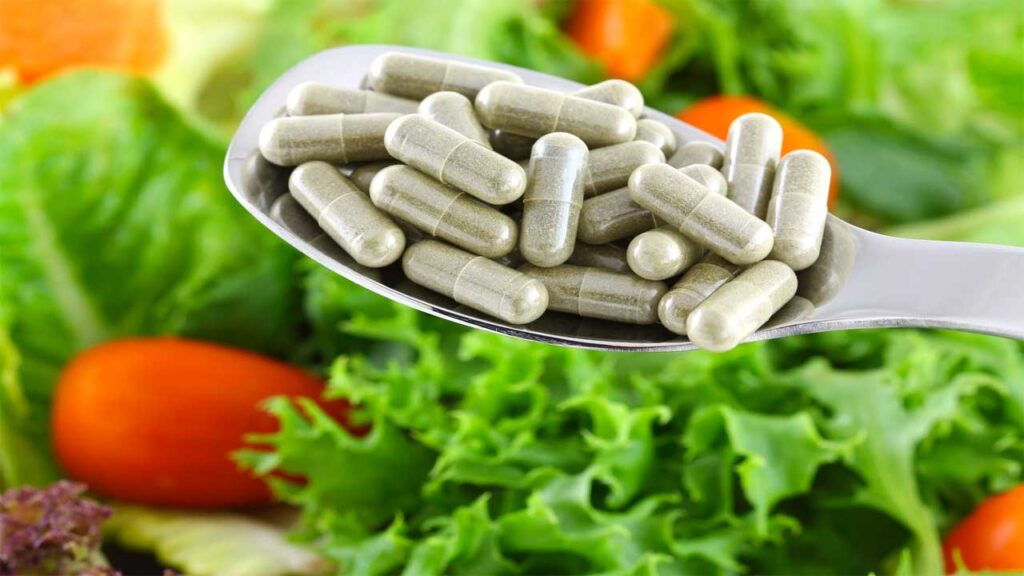
Source:guardian.ng
People with coeliac disease get sensitive digestive systems. Your immune system attacks itself in response to gluten intake. Hence, the gut’s ability to absorb nutrients can be reduced due to intestinal damage to the villi. It means you must incorporate some supplements to boost your nutrient absorption ability.
Iron
It is common for patients with coeliac disease to have anaemia. Gluten sensitivity can lead to iron deficiency. Hence, adding iron supplements to your diet is a great way to prevent your risk of becoming anaemic. Consider adding these foods to your diet;
- Dried fruits
- Oats
- Tofu
- Beans and chickpeas
- Wholemeal pasta
Calcium
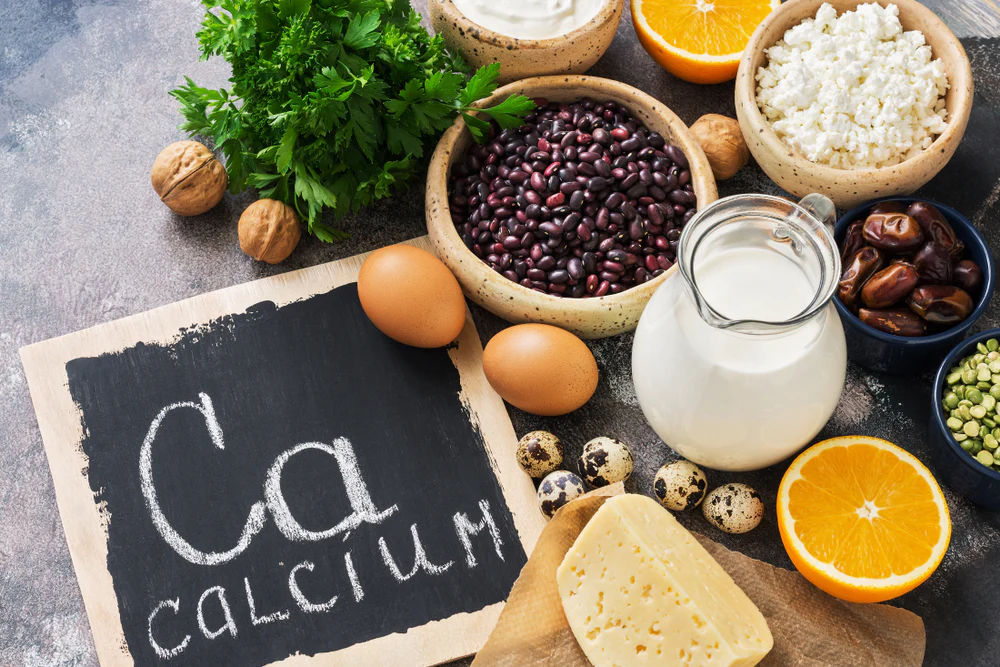
Source:teamiblends.com
Coeliac disease can give rise to osteoporosis in women. Due to the inability of villi to absorb nutrients, you can miss out on calcium.
People with coeliac disease are at higher risk of developing osteoporosis. Hence, your body needs calcium to maintain bones—incorporate food like okra, curly kale, fortified flour, and milk into your diet.
Before adding calcium supplements, get a lactose tolerance test with the coeliac test to see if you are also intolerant to lactose.
Magnesium
Malnutrition is a common yet long-term complication caused by coeliac disease. With your gut’s ability to poor nutrient absorption, your body can have little to no magnesium levels. Eat magnesium-rich food like dried beans, lentils, peanuts, yoghurt, etc., for better blood pressure, balanced sugar, and muscle health.
Fibre
Fibre is known for improving gut health. And for people with coeliac disease, a fibre diet can relieve multiple complications. Fibre intake can lower your risk of diabetes and weak bones. In addition to this, it can also regulate your constipation routine. Healthy foods that contain magnesium are broccoli, avocados, dried fruits, and lentils.
Foods to Avoid As a Coeliac Disease Patient
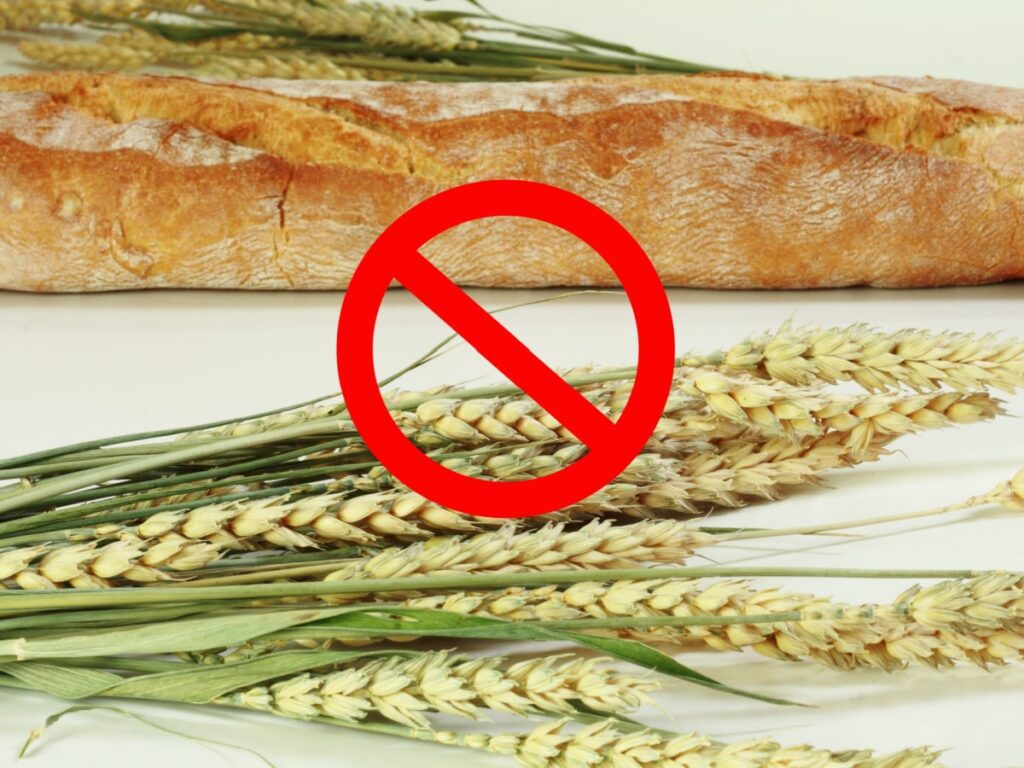
Source:ibsguthealthclinic.co.uk
Maintaining a gluten-free diet is difficult. As a patient with coeliac disease, you need to know which food is good for you and which is not. Here is a list of foods you should avoid;
- Barley
- Wheat
- Rye
- Graham flour
- Spelt
- Semolina
- Cakes
- Processed meats
- Croutons
Final Words
These supplements can help balance your gut bacteria, reduce inflammation, and assist digestion. Adding these supplements to your gluten-free diet will quickly relieve the symptoms of coeliac disease.

